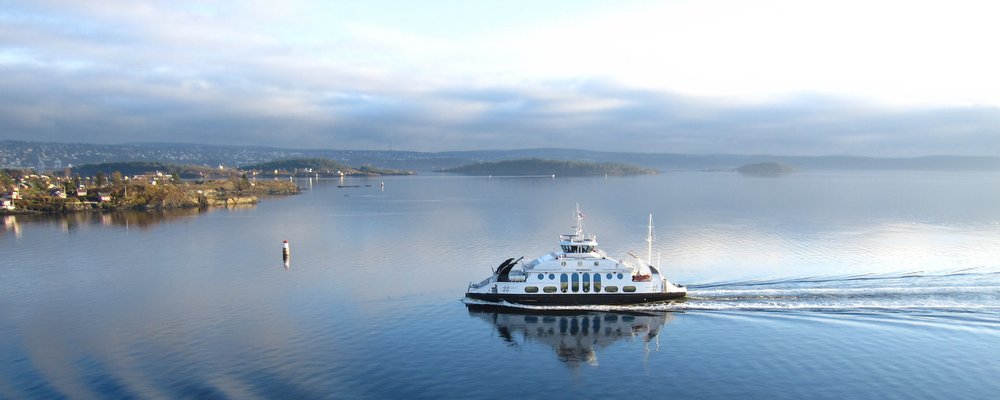It’s easy to be complacent when travelling around the world; to be so interested and excited in your experiences that you forget to be mindful of the ethics of travelling. Travel dramatically increases your carbon footprint, and there are plenty of important decisions that you have to make along the way involving ethics, sustainability and being respectful. We’ve outlined a few simple ways for how you can continue to enjoy exploring the world while making your travels more ethical.

Explore your own backyard
You don’t always have to go abroad to travel. Wherever in the world you live, there are bound to be incredible places in your own country to discover. I live in England, and while I have explored a significant part of the country (as well as Scotland and Wales), there are many regions that I have yet to visit. A recent trip to the Gower Peninsula in Wales has prompted me to plan further explorations of the British coastline, beginning with a trip to North Wales this summer. If you put in a little bit of research, you are bound to discover interesting destinations that are just a drive away.
Seek alternative forms of transport
We rely on travelling by plane to reach far away destinations as quickly and efficiently as possible, but air travel dramatically increases our carbon footprint. Instead of flying to your destination, look into alternative forms of transport that may take a little longer but will reward you with more flexibility and a chance to see more of the world. Could you drive, take a train or hop on a ferry rather than flying? Some of my personal favourite holidays have involved road trips where we’ve taken the Channel Tunnel to Europe and had the freedom to stop and explore whenever we saw someplace interesting. What about finding out 6 Ways to Reduce your Carbon Footprint When Travelling.

Live like a local and go green
Stay in locally owned guesthouses or eco-friendly LEED-certified hotels. Buy locally sourced products from markets, shop in small independent shops and eat in small bars and restaurants owned by locals. By supporting local businesses, you’re helping the local economy to grow. Not only is this a much more ethical way to travel, but by living like a local, you will have a more genuine experience of the place that you are visiting. Here are also some tips on How to Blend in Like a Local.
Avoid animal exploitation
Never, ever engage with any tourist activity that exploits animals in any way. This includes visiting circuses with performing animals, holding, petting or having your photograph taken with captive animals, visiting shows with captive orcas or dolphins, and riding elephants. These animals have been taken away from their natural environments and forced into captivity. Many of them are beaten or treated cruelly to make them perform. Elephants do not naturally allow tourists to ride them, bears do not dance on demand and drowsy tigers have been sedated to allow tourists to take a photograph with them. Stay well clear of any animal-based tourism, unless you know for sure that it is ethical and in the best interest of the animal.
You may also be interested understanding the 10 Wildlife Attractions to Avoid and the Ethical Animal Experiences for the Responsible Traveller.

Leave no trace
You wouldn’t leave litter lying around at home (we hope), so why would you throw your waste on the ground when travelling? Clean up and take your trash with you, especially if you are visiting a country where rubbish disposal and recycling are questionable. If you think you don’t care about where your waste ends up, watch Blue Planet 2 with David Attenborough and see for yourself just how harmful plastic is to our oceans and wildlife. Equally as important, don’t take anything with you that you shouldn’t. Leave rocks, shells, plants and other natural objects where you found them. In order to have a minimal impact on the environment, you should leave a place exactly as you found it.
Ever wondered about What Happens to In Flight Cabin Waste?
Respect local culture
Before you travel, read up on local culture for your destination and research if there are any cultural or religious practices or customs that you should adopt or respect. Be aware of what is considered polite and rude, as it may be quite different to back home. Practice essential phrases to avoid being ignorant and assuming everyone will speak your language. Ask before you take photographs of people or property. Cover yourself up if that is the norm in your destination. When I visited Marrakech last year, I wore long and loose items of clothing, asked permission to take photographs and learned simple greetings to speak to people that we met. As a result, I wasn’t hassled by anyone and had a more pleasant experience than others I had read about, but I also didn’t cause offence to anyone. Here are the 16 tips for being recognised as an ignorant traveller.

Think about your souvenir shopping
Don’t just buy something because it looks pretty and you’d like to have it as a memento of your trip. Carefully consider where you buy your souvenirs, who you buy them from and what you buy. Avoid purchasing anything containing endangered species, hard woods and ancient artefacts. Don’t buy anything made from ivory, fur or any other animal components. Never encourage the removal and selling of items that should be left in their natural state.
Emma Lavelle is a UK based writer and photographer and has her own blog Field and Nest.















